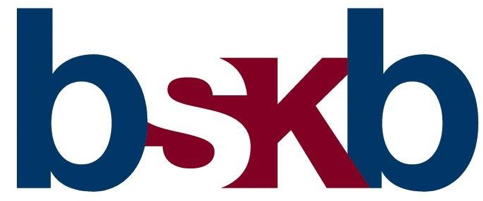IP Update, Vol. 12, No. 7
BSKB
Editor: Marc S. Weiner, Esq.
After Final Consideration Pilot (AFCP) 2.0 Extended Until September 30, 2015
The After Final Consideration Pilot (AFCP) 2.0 program was scheduled to expire on September 30, 2014. However, the USPTO has recently announced that the AFCP 2.0 program has been extended to run through September 30, 2015.
The AFCP 2.0 program is part of the USPTO’s ongoing efforts towards compact prosecution and increased collaboration between examiners and stakeholders. If successful, the AFCP 2.0 program should not only increase the allowance rate, but also decrease the RCE (Request for Continued Examination) backlog. In summary, the AFCP 2.0 program authorizes additional time for examiners to search and/or consider responses after final rejection when a response under 37 C.F.R. §1.116 includes both a request for consideration under the AFCP 2.0 program and an amendment to at least one independent claim that does not broaden the scope of the independent claim in any aspect.
Under the most recent update to the AFCP 2.0 program, an applicant will now receive a specialized AFCP 2.0 form (PTO-2323) that will communicate the status of the submission. If applicable, the form will also accompany an interview summary. The new form is designed to more clearly indicate how the AFCP 2.0 submission was treated by the examiner. Communications containing the new AFCP 2.0 response formare expected in November 2014.
For more information on AFCP 2.0, visit this link.
Summary provided by Aslan Ettehadieh.
Quick Path Information Disclosure Statement (QPIDS) Extended to September 30, 2015
The Quick Path Information Disclosure Statement (QPIDS) program was scheduled to expire on September 30, 2014. However, the USPTO has recently announced that the QPIDS program has been extended to run through September 30, 2015.
The QPIDS program is part of the USPTO’s on-going efforts towards compact prosecution and pendency reduction. If successful, the QPIDS program should not only help reduce the patent pendency, but also help decrease the RCE (Request for Continued Examination) backlog.
In summary, the QPIDS program eliminates the requirement for processing of an RCE with an information disclosure statement (IDS) filed after payment of the issue fee (but prior to the patent granting) in order for the IDS to be considered by the examiner. However, in addition to other requirements necessary to comply with the QPIDS program, one must first determine that the references to be submitted in the IDS meet the ‘statement’ requirements as set forth in 37 C.F.R. 1.97(e)(1) or (e)(2). Accordingly, if one meets all the requirements of the QPIDS program and the examiner determines that no item of information in the IDS necessitates reopening prosecution, the USPTO will issue a corrected notice of allowability.
For more information on QPIDS, visit this link.
Summary provided by Aslan Ettehadieh
